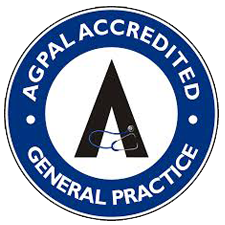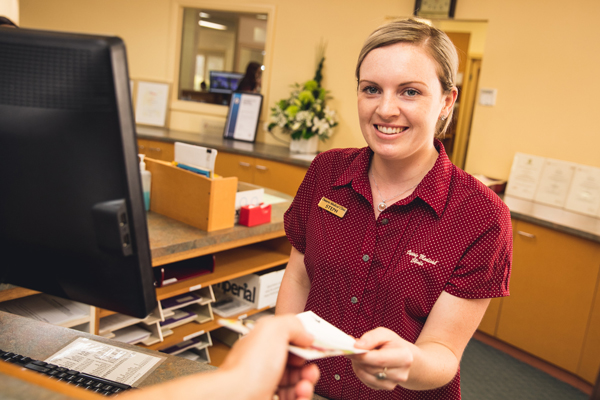Sleep Awareness Week runs from the 4th to the 10th July 2016.
Getting to sleep at night can prove to be quite difficult for some people. What works for some people may not work for others, so the secret is to experiment. It is important to firstly find out how much sleep is enough for you. As a general rule most healthy adults need at least eight hours sleep each night to function at their best.
The following tips may help you achieve a better night sleep.
- Set a regular bed time and try to wake up at the same time every day. This routine will get your brain and body used to being on a healthy snooze-wake schedule. If you need an alarm clock to wake up on time, you may need to set an earlier bedtime as if you are getting enough sleep you should wake up naturally without one.
- Try to make dinnertime earlier in the evening avoiding large heavy meals within 2 hours of bed. Fatty foods should be avoided as they take a lot of work for your stomach to digest and may keep you up. Spicy or acidic foods can also cause stomach trouble and heartburn.
- Turn off TV’s, computers, phones and other blue-light sources an hour before you go to bed.
- Avoid alcohol and caffeine. Alcohol can make you sleepy at bedtime but after its initial effects wear off it will make you wake up more often reducing your sleep quality. Caffeine can cause sleep problems. Coffee in the morning is fine for most people but consider eliminating caffeine found in food and drinks after lunch or cutting back your overall intake. Even small amounts found in chocolate can affect your sleep later that night. Nicotine is also a stimulant, just like caffeine it can also keep you from falling asleep.
- Drinking too many liquids in the evening can result in frequent bathroom trips. Getting up during the night can make it hard to get back to sleep again.
- Make sure your pillow is right for you. It should be just the right size, supporting the natural curve of your neck.
- If you find yourself constantly glancing at the clock causing your mind to race with thoughts about the day to come, it may be worth putting it away or turn it away from view.
- It is important to fight after dinner drowsiness. When you find yourself nodding off on the couch before your bed time get up and do something. Nothing that will stimulate you too much just something to keep you awake. If you give in to the drowsiness you may wake up later in the night and have trouble getting back to sleep.
- Regular exercise also helps you sleep better, provided the exercise isn’t done too close to bedtime. Vigorous exercise should be aimed to be finished 3 to 4 hours before you go to bed.
If you have any ongoing sleep problems it is recommended you book in to see one of our General Practitioners for some advice on 5023 7311.




